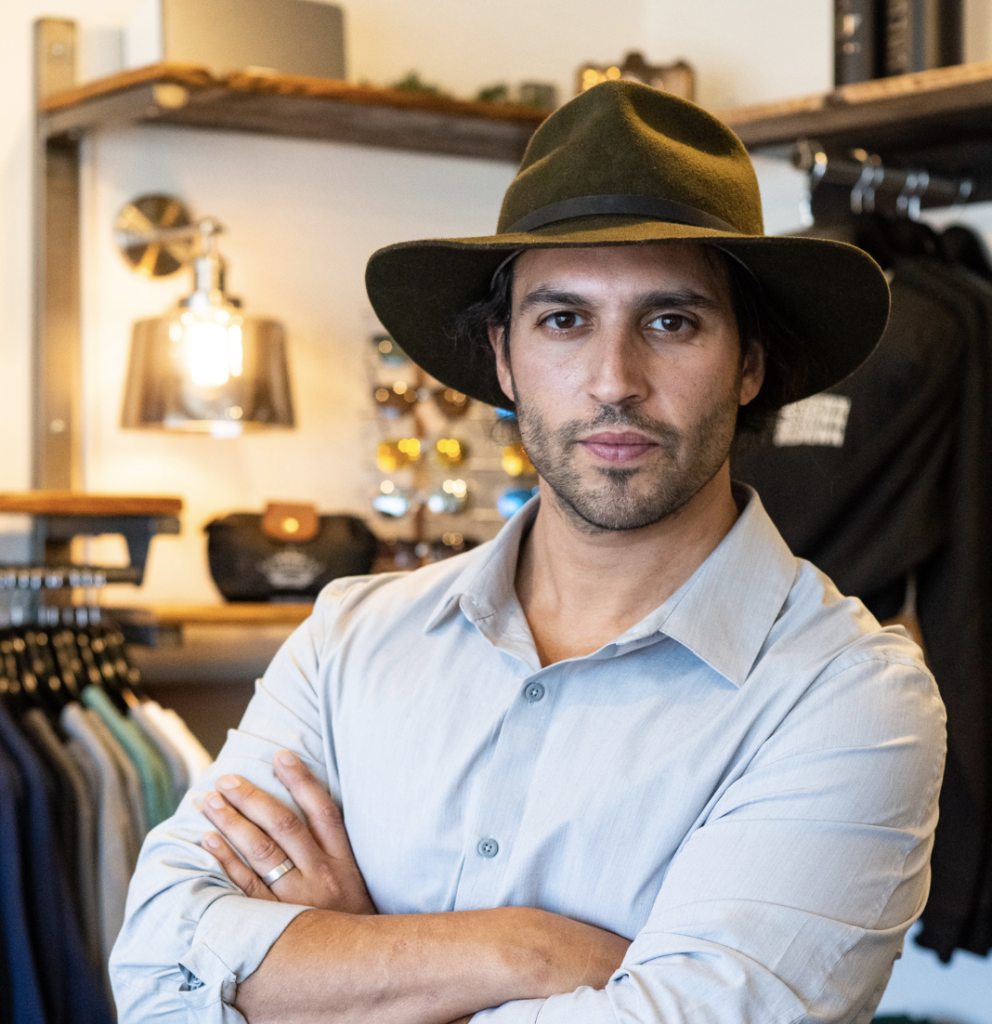
“We literally were put on a private jet,” the Oregrown co-founder and CEO said, his voice betraying something between incredulity and amusement. “In my years in tech, that never happened. But in cannabis, we were flown across the country and courted to sell the business. It was crazy.”
That was one of several north-of-the-border overtures the vertically integrated Bend-based company entertained, Hadar said. He declined to name the suitors, but said Oregrown was offered deals that valued it from $20 million to more than $40 million.
The company turned them all down. That bucked something of a trend in Oregon, where a growing number of businesses have leaned on Canada’s cannabis-friendly public markets to get through the young industry’s ups and (mostly) downs.
Instead, Hadar said, Oregrown worked to find alternative sources of capital, and landed a $4 million funding round through an unnamed family office in Oregon.
“I get why people take the Canadian money,” he said. “If I couldn’t raise money, if I couldn’t prove the worth of my business, maybe we would have. But we knew we wanted to do everything we could to avoid that.”
He’s loudly and proudly confident that it was the right move.
He notes that the Canadian deals are overwhelmingly stock-based, and many of the listings behind them have seen their values plummet in the past several months. C21 Investments, which gobbled up four Oregon companies but is now struggling in the state, is an example he points to. After a run-up to $2.45 Canadian in March, its stock was trading Monday at 47 cents.
“People are catching on to it, the way those roll-ups lose money,” Hadar said. “The way they consolidate acquisitions and rush to report the earnings. The way they bounce from one strategy and initiative to another.”
Not that vertically integrated Oregrown, one of the early leaders in developing a brand identity in Oregon cannabis, hasn’t faced its own challenges.
In 2018, its processing operation was sanctioned by the Oregon Liquor Control Commission for violations related to illegally having hemp on the premises and misleading regulators. Then came a legal battle with its former head grower that featured accusations of not just a failed crop, but anti-Semitic attacks.
Regulatory violations knotted into the case led to more OLCC sanctions, including a lengthy grow-license suspension.
But the litigation was settled this spring with warm statements from both sides, helping clear a path ahead, Hadar said. He credited Chief Financial Officer Ray Adams with keeping the company on course.
“There isn’t a better CFO in cannabis,” Hadar said of Adams, who was CFO at Oregon Steel Mills for years, including when it was acquired by Evraz Group in 2007 for $2.3 billion.
“Compare him to the CFO at Canopy Growth,” Hadar said. “I’ll take my guy.”
Canopy Growth is one of the biggest of the Canadian cannabis companies (it has a tangential reach into Oregon). For what it’s worth, Canopy’s guy used to be CFO for the $3 billion wine and spirits arm of Constellation Brands, a major Canopy investor.
Anyway, the bold assessment is par for the course for Hadar. He’s a man given to superlatives. “Massive” seems to be a favorite word.
He talks of the company’s “four massive flagship” outlets doing “massive” revenue.
Mind you, there’s one currently operating store, in Bend. Some might consider it the flagship, but, yes, Hadar puts stores in Portland, Cannon Beach and Eugene that are expected to open before Christmas in that category as well.
To back up the revenue optimism, he points to a record of success in Bend, where sales have been “consistently above $4 million” a year, he said. He’s forecasting getting to $5.5 million in Eugene, $2.6 million in Cannon Beach and $7 million in Portland.
To put that into context, Oregon’s 650-plus licensed outlets totaled about $700 million in sales in the past 12 months. In other words, Oregrown isn’t expecting merely average sales.
“Our store across from the Portland Rock Gym is going to be insane,” Hadar said. It’s not just the location and what he views as the power of the Oregrown brand that fuel his excitement. The vape-cartridge maker Pax — widely respected in the Oregon industry amid suspicions that cheap, counterfeit hardware could be unsafe — is doing a unique store-within-the-store, adding interest and marketing muscle.
As a grower, processor and product manufacturer, Oregrown has revenue streams — and costs and vulnerabilities, of course — beyond its retail operations. Hadar said the company is in the black now on sales around $12 million to $15 million, and he sees revenue rising to at least $22 million within 18 months.
His message: Oregon cannabis can still be a growth play. Maybe even a massive one.
“It isn’t all about glut and desperately needing to do those share-only Canadian transactions,” he said.
Original Article: https://www.bizjournals.com/portland/news/2019/10/14/why-a-big-name-in-oregon-cannabis-said-no-to.html